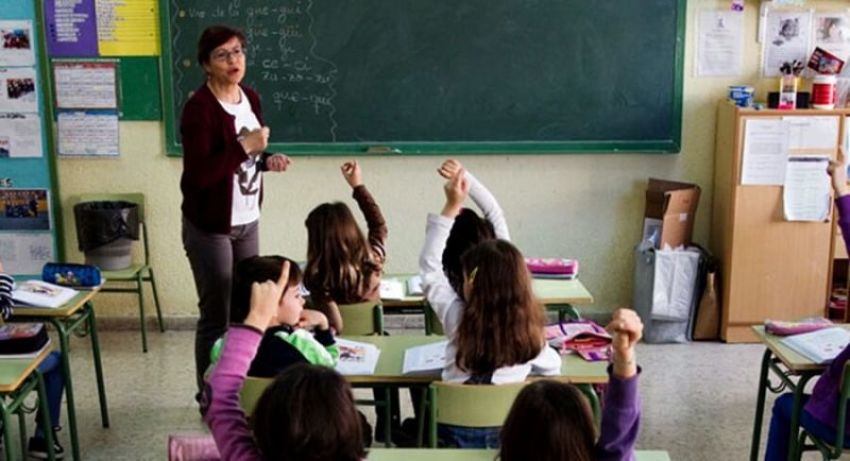Character Education Improves Academic Performance, Meta-Study Finds

Teaching students right from wrong has a positive effect on their academic performance, according to a recently released meta-study by a professor specializing in teacher education.
California State University, Long Beach Professor William Jeynes presented his findings last week before researchers at Oxford University.
His analyses examined 52 studies with a combined sample of approximately 225,000 students, which showed that character education in high school can have a positive impact on pupils.

In a statement emailed to The Christian Post, Jeynes explained that this meta-analyses showed that character education is valuable even after students are no longer children.
"The results are particularly intriguing, because the sparse number of character education school programs that there are, emphasize 'getting them when they're young,'" stated Jeynes.
"However, these results suggest that not only does character education have quite robust effects on student behavior and academic outcomes overall, but it also has an especially potent impact in high school."
Jeynes also noted that while his findings may seem to contradict the common belief that character education should primarily be done at younger grades, "they really do make sense."
"Students begin the process of making some of the most important decisions of their lives when they are in high school. If there is ever a time in which they need moral guidance, this is the time period," continued Jeynes.
"When we raised our children, we often told them to make certain that they walk the straight and narrow particularly during high school, college, and young adulthood, because it is during this period that they will make some of the most important decisions of their lives."
Since the 1990s, public schools have made an increased effort to include character education as part of the curriculum in response to concerns over growing juvenile delinquency.
Past studies on the effectiveness of character education have varied in their findings. For example, a 2002 study by William G. Thompson of East Tennessee State University found that character education "may have a positive effect on student behavior."
"Character education should be an integral part of the curriculum, not taught as a separate subject. This includes not only academic subjects but also specialty areas such as art, music, and physical education," noted Thompson's abstract.
"Classroom rules should be based on the principles of good character, and teachers should model good character for the students to observe. Additionally, students should be taught character through hands-on service activities that contribute to the school, the community, and society in general."
However, a 2010 report from the U.S. Department of Education's Institute of Education Sciences found little impact among students taking one of seven character education programs offered in public schools.
"The programs improved teachers' sense that students supported them during the first two years of the study, but this effect fell off by the third year. Aside from that, the individual programs showed a mixed bag of results among the 20 indicators that shifted from good to bad from year to year, and none proved significant in the overall findings," reported Education Week in Oct. 2010.
"In the end, researchers found no evidence that the programs, taken individually or together, improved students' behavior, academic performance or gains, or their perceptions of the school climate. And the results were no better for schools with better implementation."
These differences point to the need for meta-analyses, which combine the results from many different studies, such as Jeynes'.
"The character education that is appropriate in our contemporary society is one that emphasizes the values that virtually all people value, unless they are in prison or a sociopath. These include honesty, sincerity, responsibility, love, and respect. We do not have to go into the real controversial issues," Jeynes said.



























